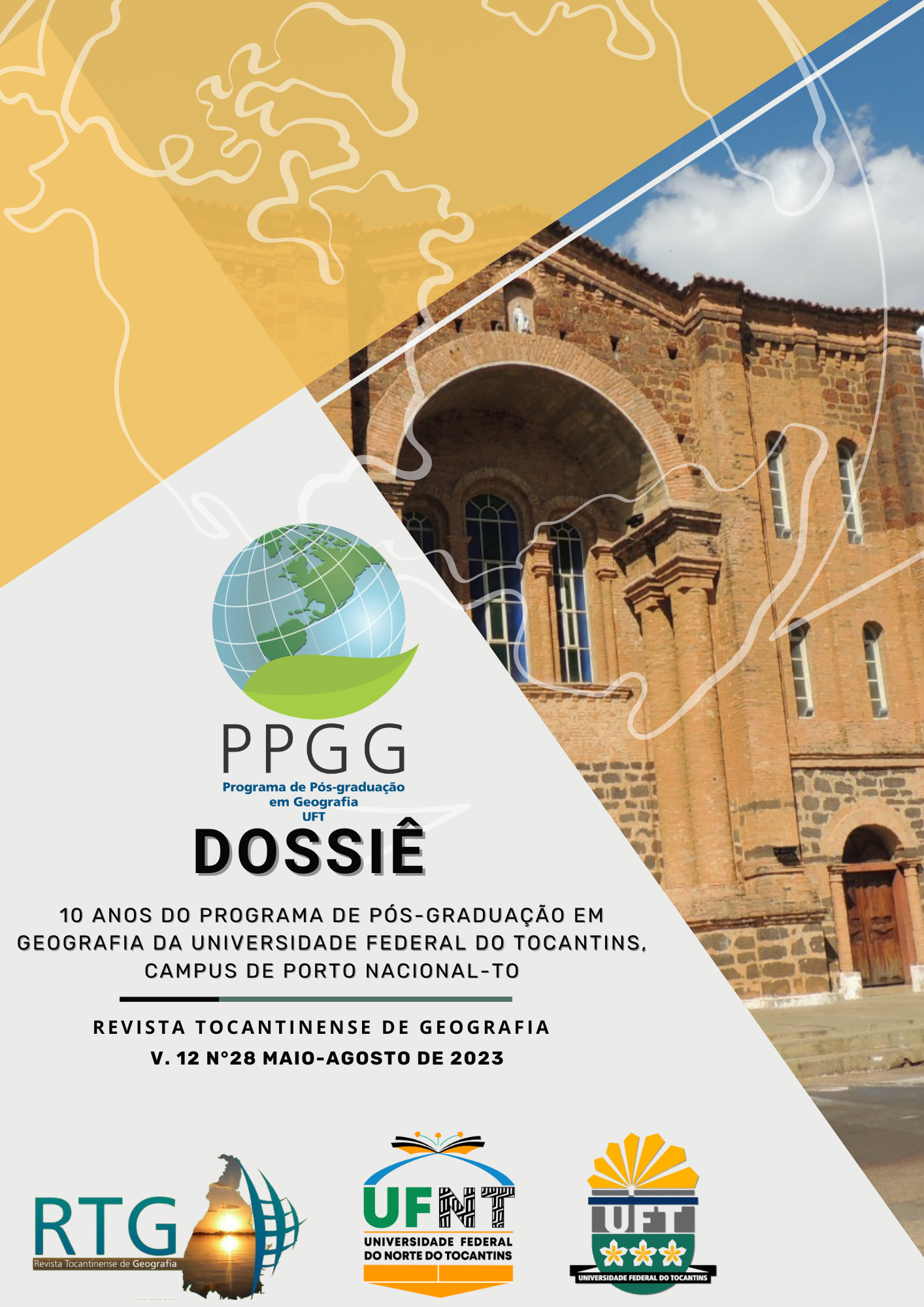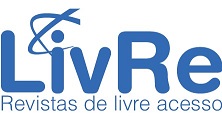FUNDAMENTOS DA EDUCAÇÃO AMBIENTAL NO BRASIL E EXEMPLOS DE PRÁTICAS EDUCATIVAS MUNICIPAIS
DOI :
https://doi.org/10.20873/rtg.v12i28.16847Mots-clés :
Princípios, Legislação, Interdisciplinaridade, ConscientizaçãoRésumé
A educação ambiental no Brasil está em processo de adesão da prática pedagógica desde a década de 1990, sendo oficializada por uma política nacional em 1999. O meio ambiente precisa ser tratado mais do que um eixo transversal, sendo parte integrante da realidade dos educandos no século XXI, a partir dos princípios de sustentabilidade, interdisciplinaridade e complexidade. As práticas educativo-ambientais podem ser aplicadas pela corrente crítico-reflexiva de Paulo Freire no contexto da leitura de mundo feita pelo educando diante dos problemas ambientais de sua localidade. Um dos principais exemplos de práticas educativo-ambientais é a realização de trabalhos de campo em microbacias hidrográficas. As práticas educacionais e ambientais possuem fundamentações legais e os docentes podem apoiar suas metodologias e práticas. Como exemplo de prática educativo-ambiental existem visitas em parques ecológicos criados em espaços públicos de antigas áreas degradadas, a fim de despertar a conscientização de alunos do ensino fundamental para as práticas respeito à natureza e aos espaços públicos.
Références
BRASIL. Lei federal nº 6.938 de 31 de agosto de 1981. Brasília: Presidência da República. Lex. Disponível em: http://www.planalto.gov.br/ccivil_03/leis/l6938.html Acesso em: 15 abr. 2020.
BRASIL. Constituição Federal de 5 de outubro de 1988. Brasília: Congresso Nacional. Lex. Disponível em: http://www.planalto.gov.br/ccivil_03/constituicao/constituicao.html
BRASIL. lei federal nº 9.433 de 8 de janeiro de 1997. institui a política nacional de recursos hídricos. brasília: presidência da república. Lex. Disponível em: http://www.planalto.gov.br/ccivil_03/leis/l9433.html
BRASIL. Lei federal n. 9.795 de 27 de abril de 1999. Dispõe sobre a educação ambiental, institui a política nacional de educação ambiental e dá outras providências. Lex. Disponível em: http://www.mma.gov.br/port/conama Acesso em: 29 abr. 2020.
FREIRE, P. Pedagogia da autonomia: saberes necessários à prática educativa. 25.ed. São Paulo: Paz e Terra, 2002.
GUIMARÃES, E. M. A. Trabalhos de campo em bacias hidrográficas: os caminhos de uma experiência em educação ambiental. Dissertação (Mestrado em Geografia), Universidade Estadual de Campinas, 1999, 184f.
LEFF, E. Complexidade, interdisciplinaridade e saber ambiental. Olhar de professor, Ponta Grossa, n.14 v.2, p. 309-335, 2011.
MORALES, A. G. M. A formação do profissional educador ambiental. Tese (Doutorado em Meio Ambiente e Desenvolvimento), Universidade Federal do Paraná, 2007, 257f.
OLIVEIRA, A. M. S. Educação Ambiental Transformadora: o Método VERAH. São Paulo: Ícone, 2013.
RISSO, L. C.; PASCOETO, J. T. A percepção ambiental como contribuição na educação ambiental em trilhas de áreas protegidas e criação de roteiro interpretativo. Revista Eletrônica do Mestrado em Educação Ambiental, v. 33, n. 03, p. 249-264, 2016.
SÃO PAULO. Lei nº 12.780 de 30 de novembro de 2007. Institui a Política Estadual de Educação Ambiental. Lex. Disponível em: http://www.al.sp.gov.br/repositorio/legislacao/lei/2007/lei-1278030.11.2007.html Acesso em 27 fev. 2020.
Téléchargements
Publié-e
Comment citer
Numéro
Rubrique
Licence
© Journal de géographie Tocantinense 2023

Cette œuvre est sous licence Creative Commons Attribution - Pas d'Utilisation Commerciale - Pas de Modification 4.0 International.
Revista Tocantinense de Geografia ne rémunère aucun auteur pour la publication de ses textes. Le contenu des textes publiés dans cette revue relève de la responsabilité des auteurs.









.png)












